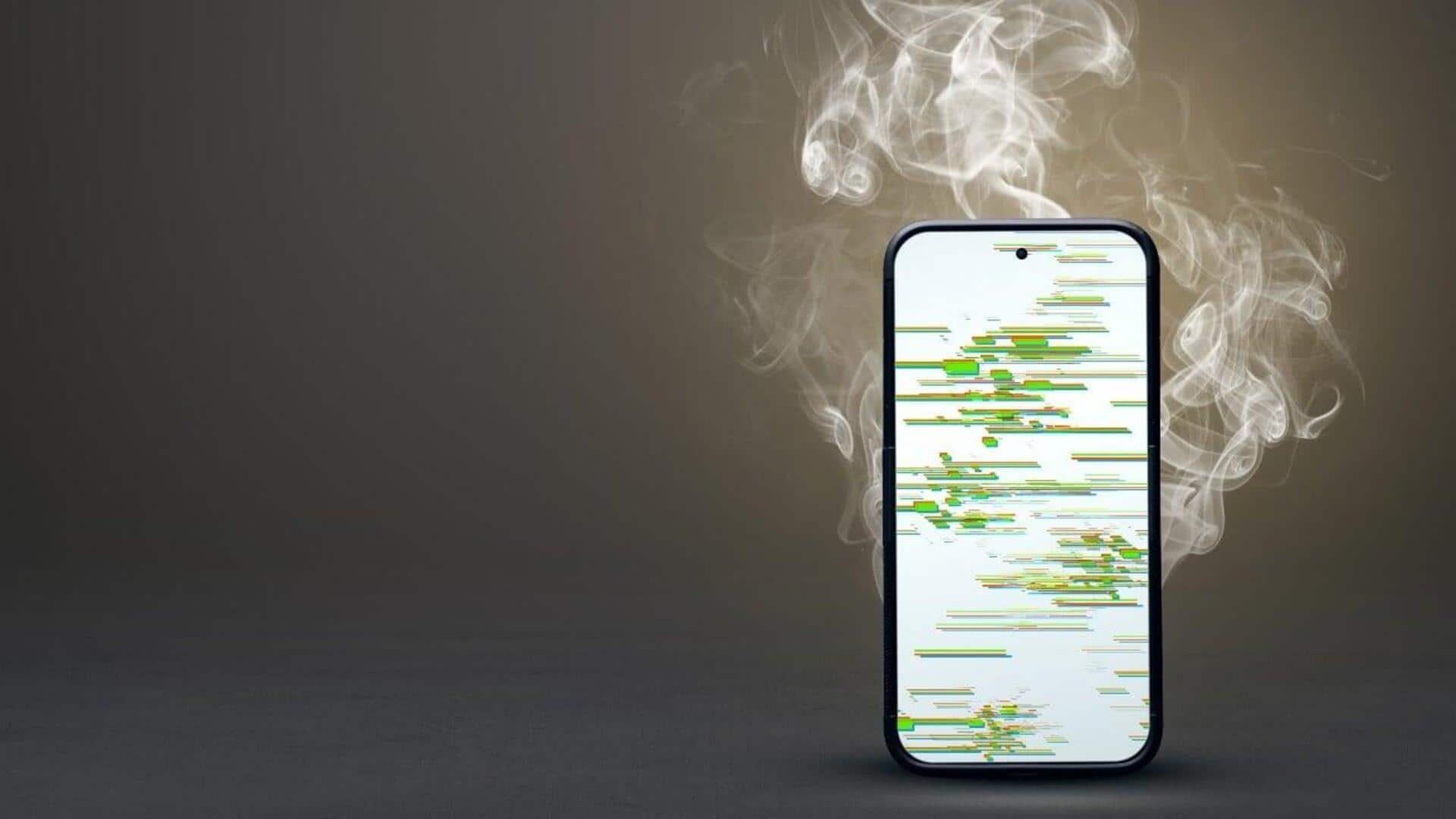
#TechBytes: Fix overheating issues on your device with these hacks
What's the story
Overheating is a common problem that can affect the performance and longevity of your device. Whether it's a smartphone, tablet, or laptop, excessive heat can lead to slowdowns and even damage. Fortunately, there are several software hacks you can employ to help cool down your device without any hardware changes. These methods are simple yet effective in managing heat levels and ensuring your device runs smoothly.
Tip 1
Optimize background processes
Background processes can consume a lot of resources and generate heat. By optimizing these processes, you can reduce the load on your device. Go to settings and check which apps are running in the background. Disable unnecessary ones or limit their activity. This not only helps in cooling but also improves battery life and overall performance.
Tip 2
Update software regularly
Keeping your software updated is important to ensure that your device runs efficiently. Developers frequently release updates to fix bugs and improve performance, which can directly affect heat generation. Make sure your operating system and apps are updated to the latest versions. This way, you get the latest optimizations that can help reduce overheating.
Tip 3
Adjust screen brightness settings
High screen brightness can contribute significantly to overheating issues. By adjusting brightness settings or enabling adaptive brightness, you can lower the strain on your device's hardware. This not only helps in cooling down but also extends battery life by reducing power consumption.
Tip 4
Use power-saving modes
Most devices come with power-saving modes that limit certain functions to save energy and reduce heat output. Activating these modes can be a smart way to keep your device cooler during intensive tasks or when running low on battery. By limiting CPU usage and dimming the screen, these modes make a world of difference in managing heat levels.
Tip 5
Monitor app usage closely
Some apps are more resource-intensive than others, leading to overheating problems. Keep an eye on app usage through task manager tools or built-in monitoring features in settings menus. If you find any app using too many resources unnecessarily, consider uninstalling it or finding an alternative that does not strain your system as much.